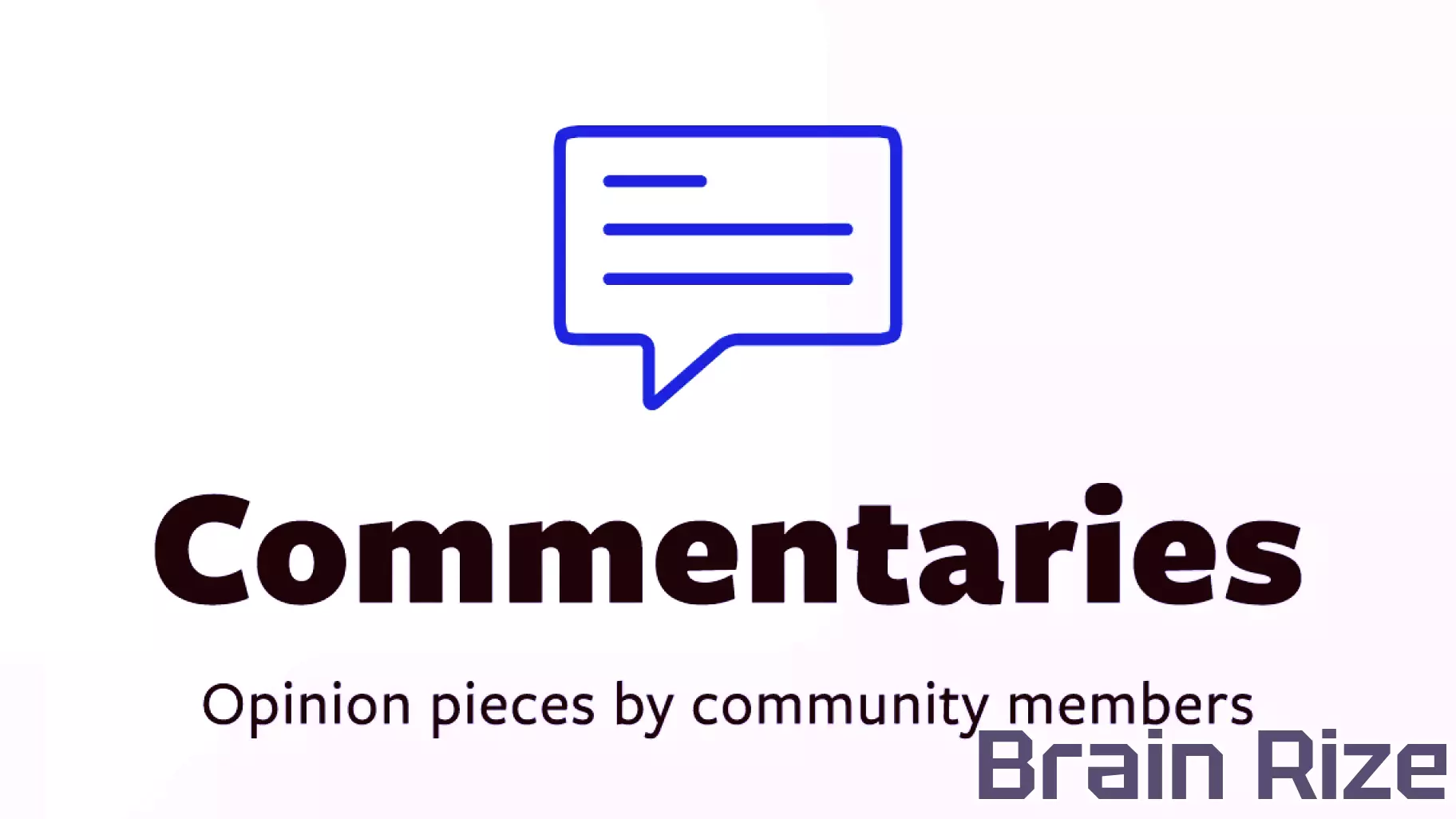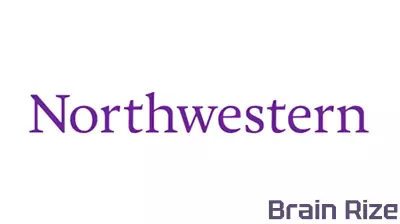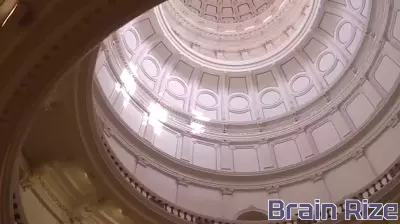March 23, 2025 - 15:16

The ongoing debate surrounding education funding has brought to light a critical issue: the way in which property taxes are utilized has become a significant obstacle to achieving a balanced educational system. Since the enactment of Acts 60 and 68, governors and legislatures have increasingly turned to property taxes as a convenient source of revenue to balance their budgets. This practice, often framed as a means to avoid raising broad-based taxes, has created a situation where the education fund is strained and ineffective.
As lawmakers prioritize short-term budgetary solutions over sustainable funding strategies, the consequences for the education system become apparent. Schools are left to grapple with inadequate resources, which ultimately impacts the quality of education that students receive. The reliance on property taxes as a financial crutch undermines the stability and growth of educational institutions, leading to disparities in funding and opportunities for students across different regions.
It is essential for policymakers to recognize that the real issue lies not within the education system itself, but rather in the flawed funding mechanisms that support it. A reevaluation of how education is funded is necessary to ensure that all students have access to the quality education they deserve.



